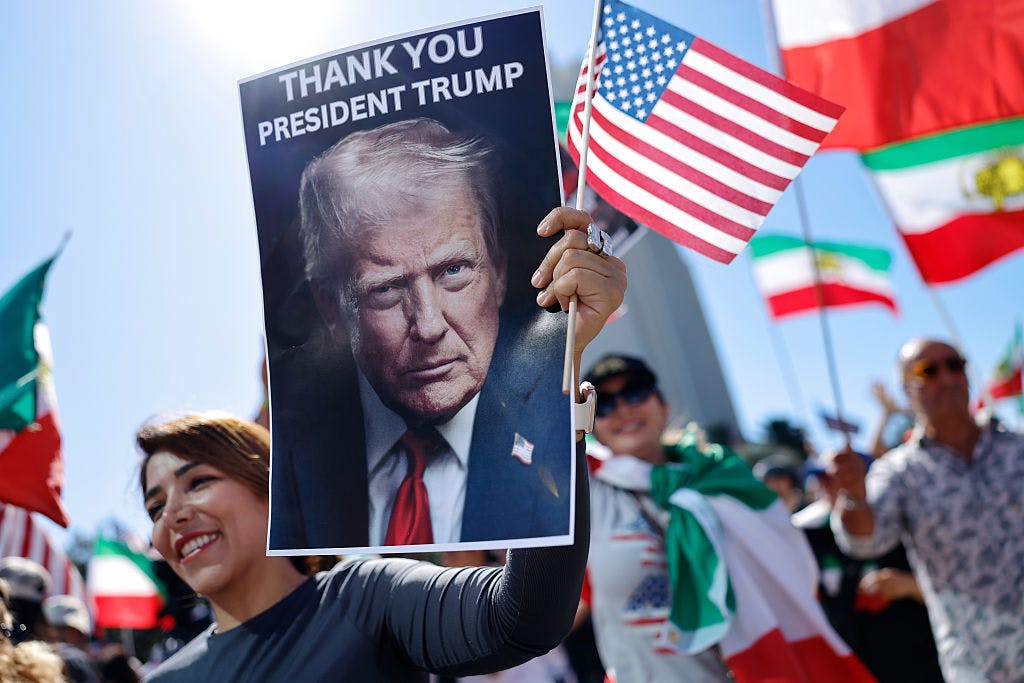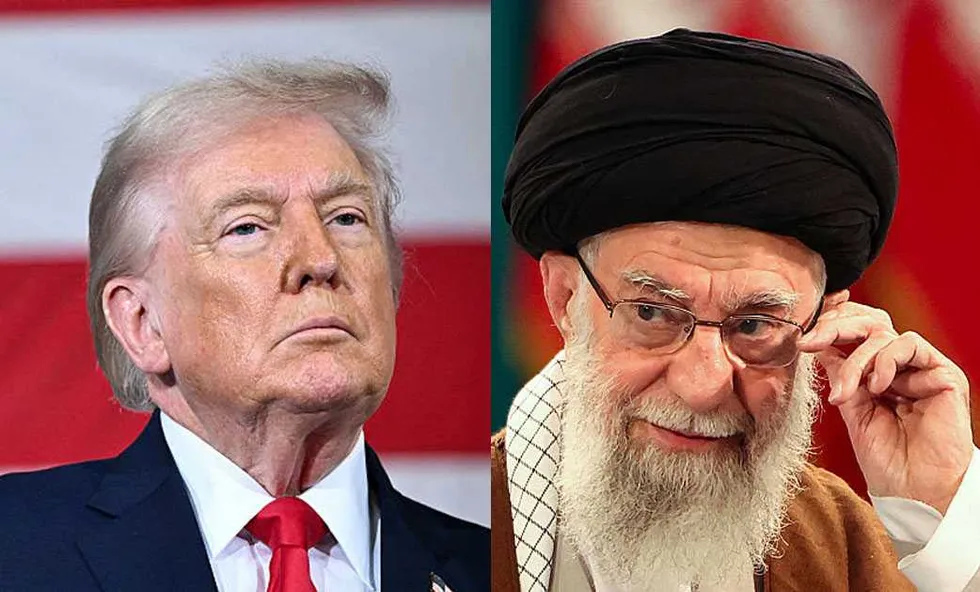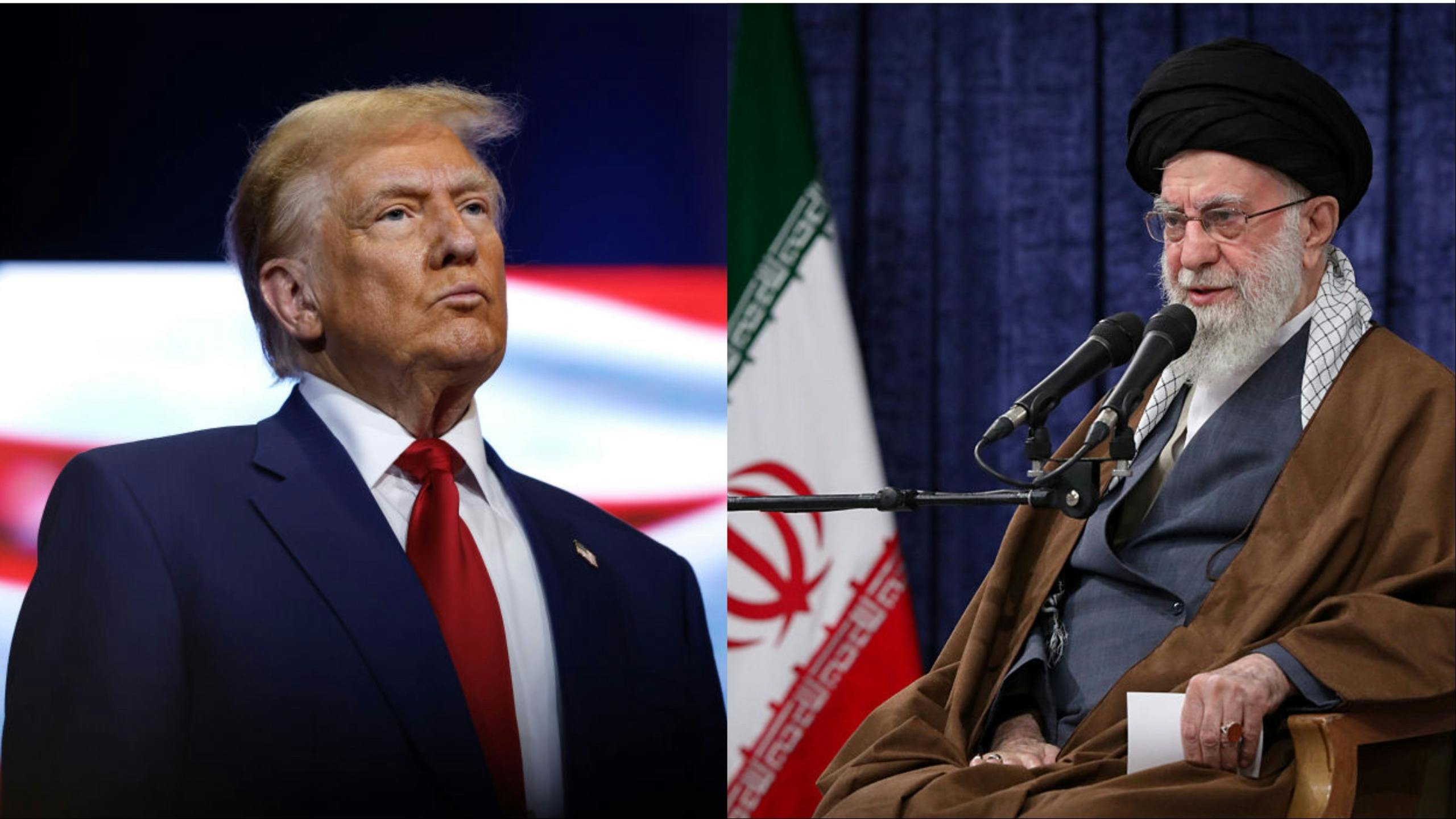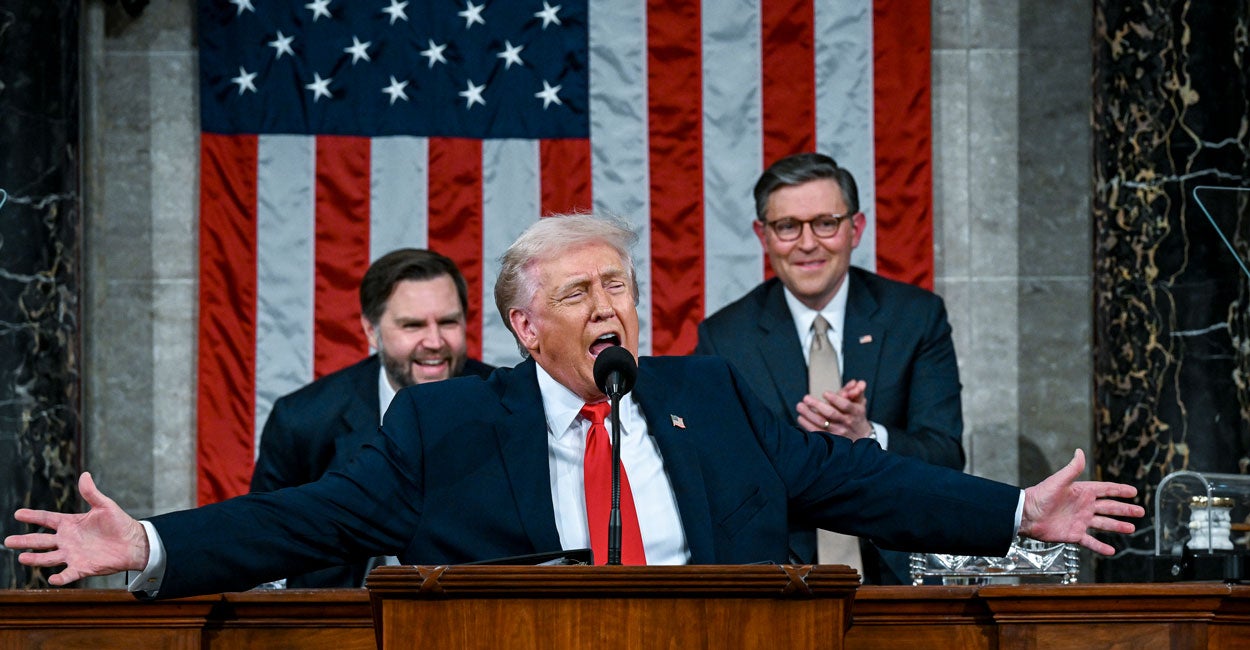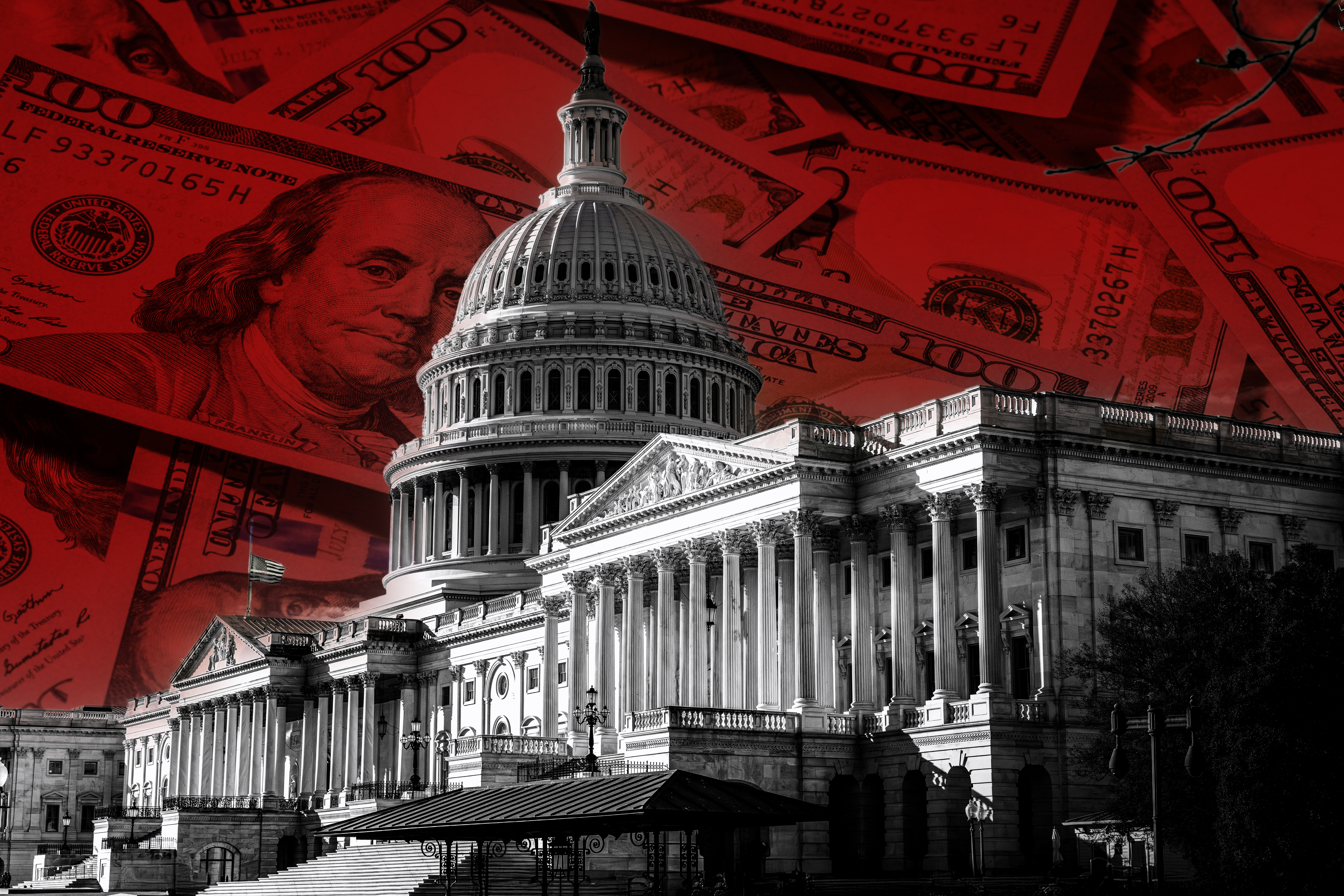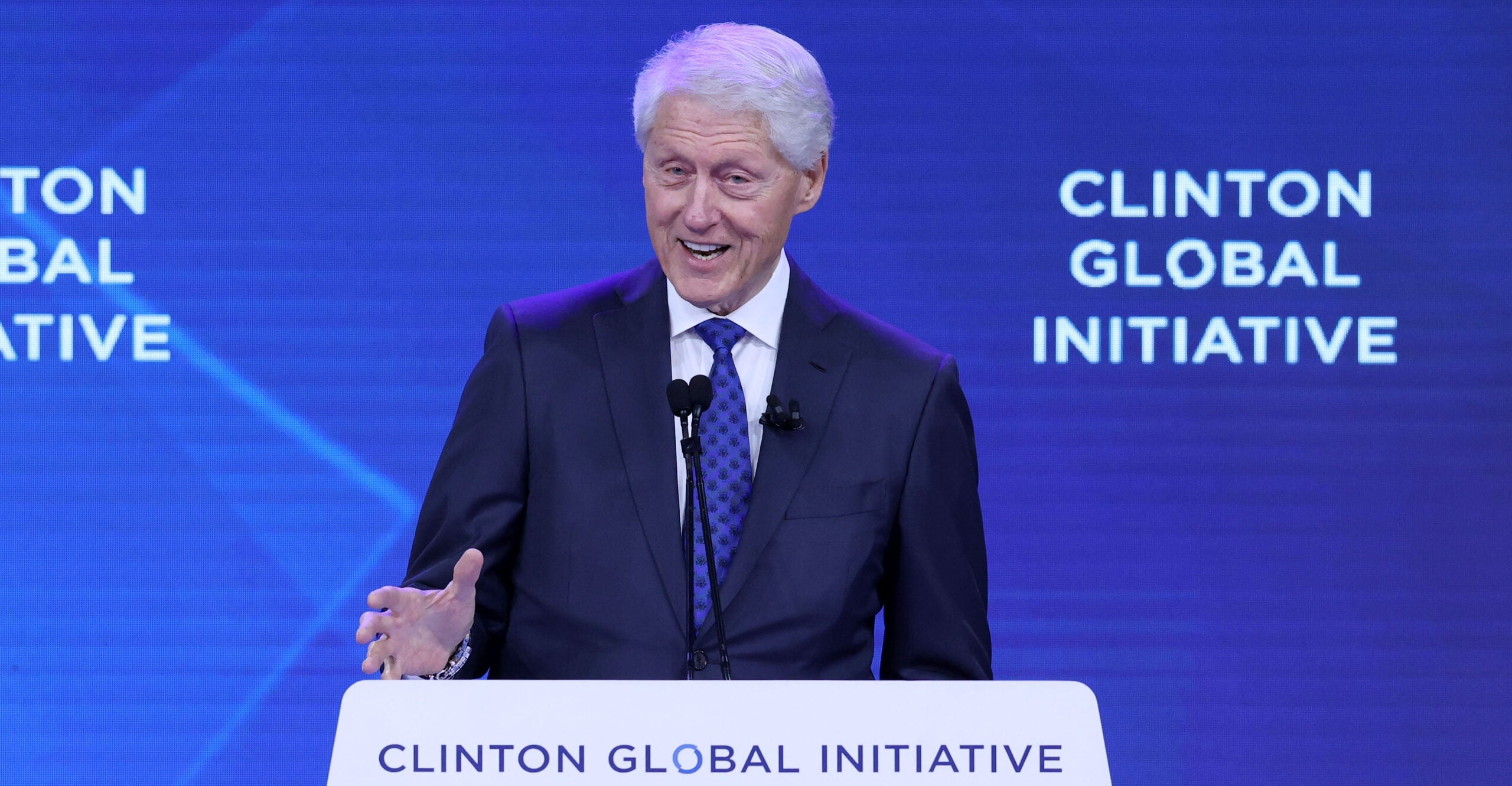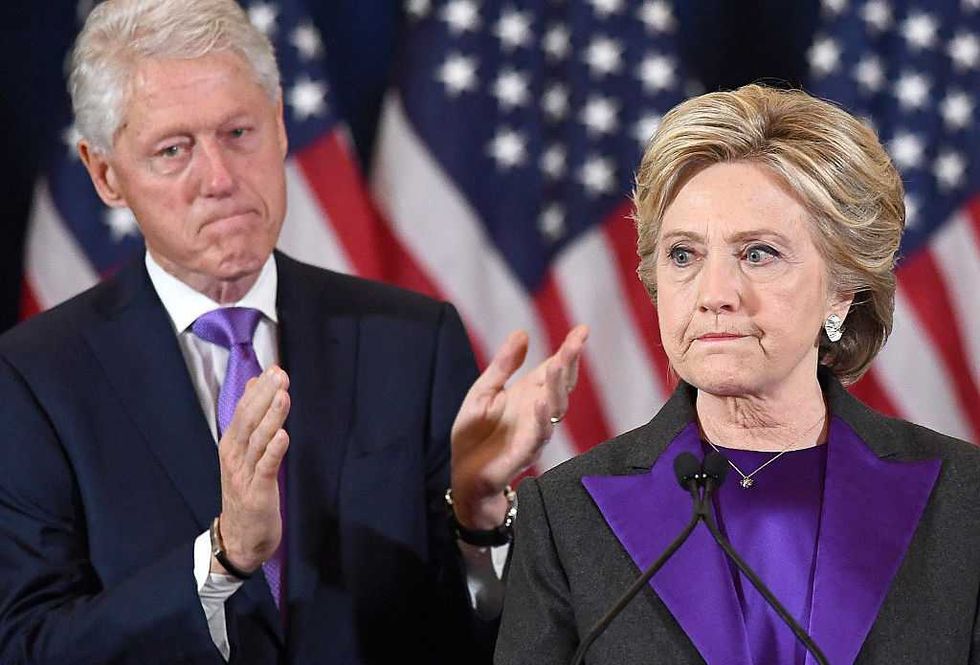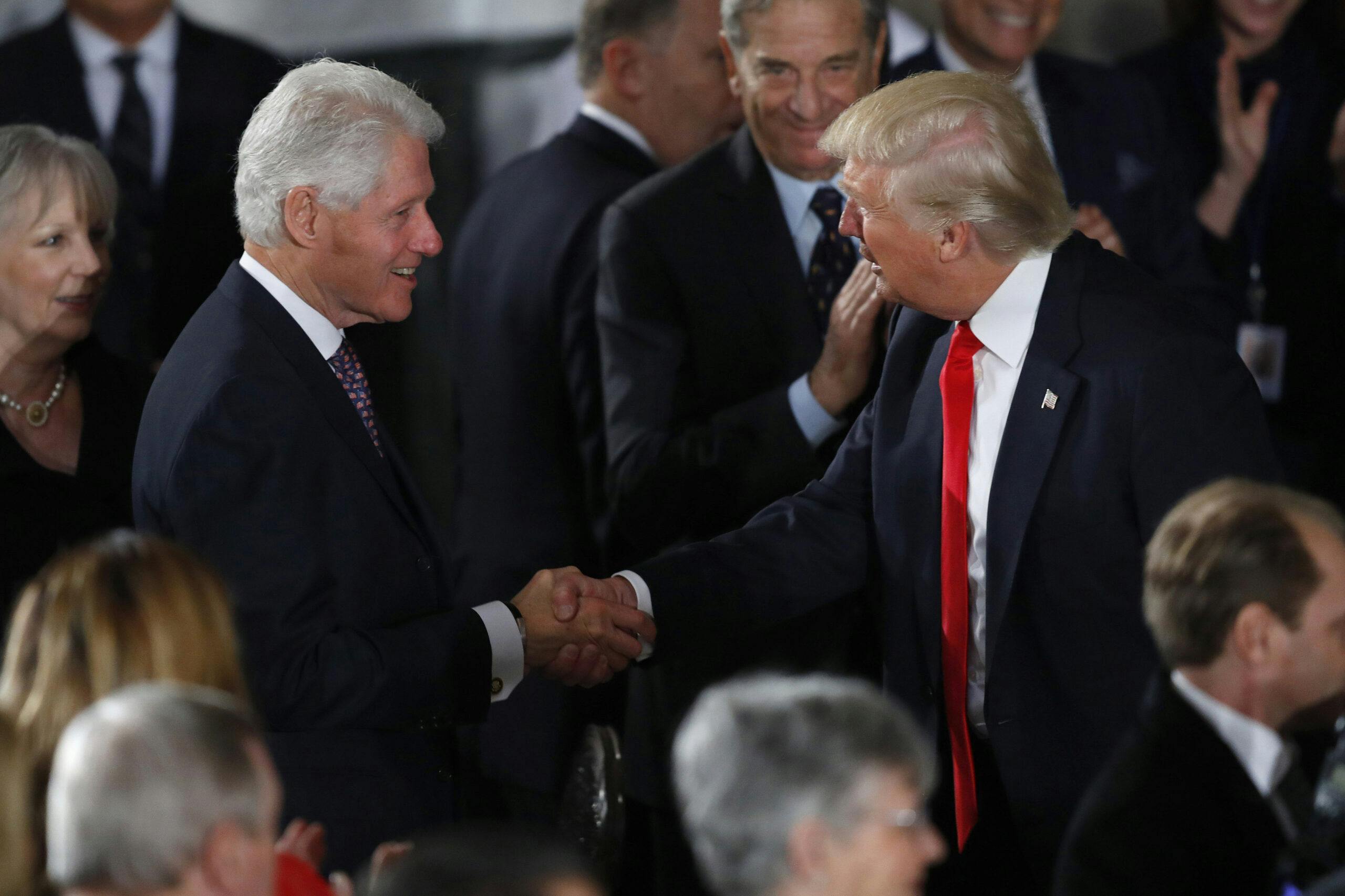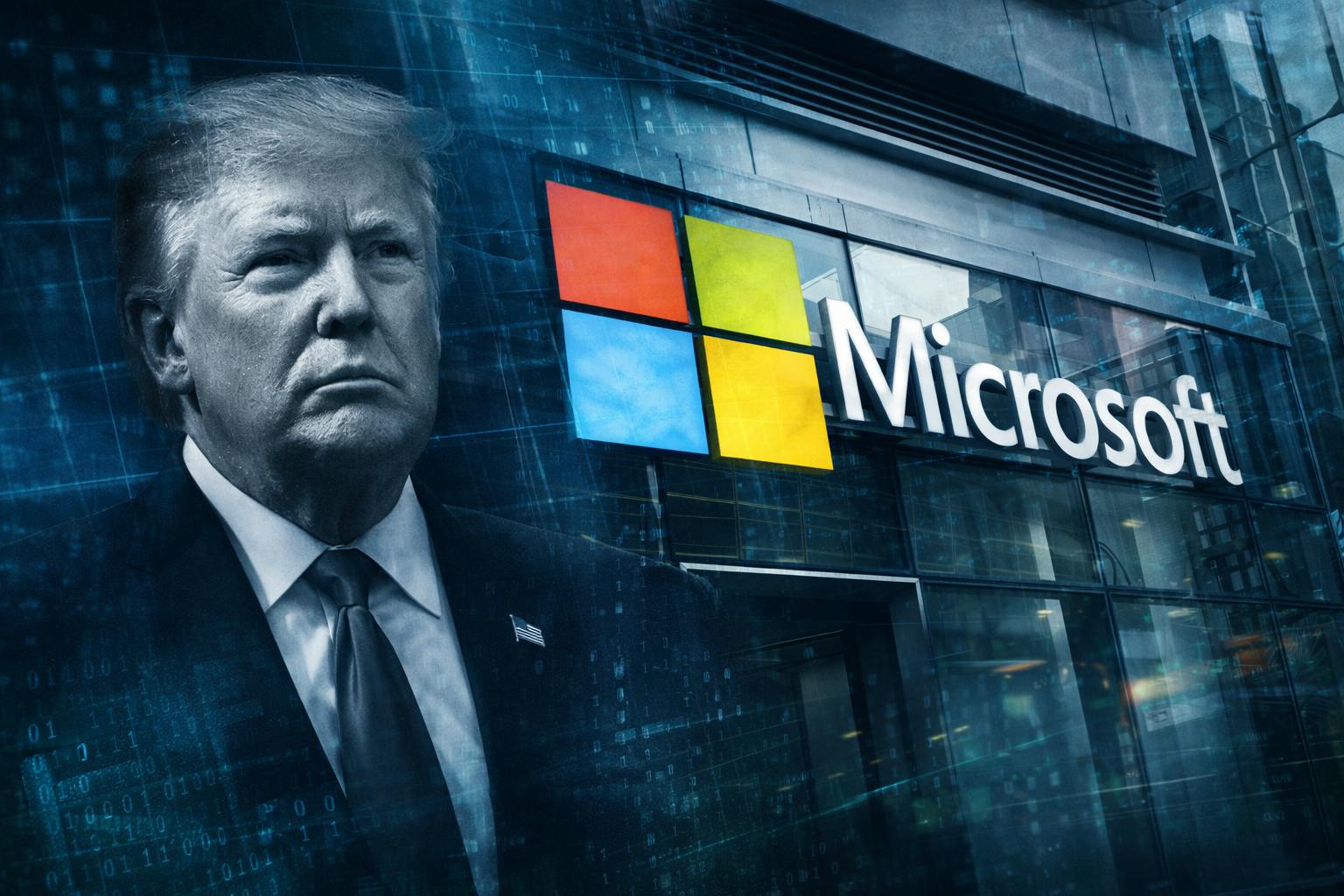It Wouldn’t Be Just ‘Over There’: How China Could Bring War With Taiwan to US
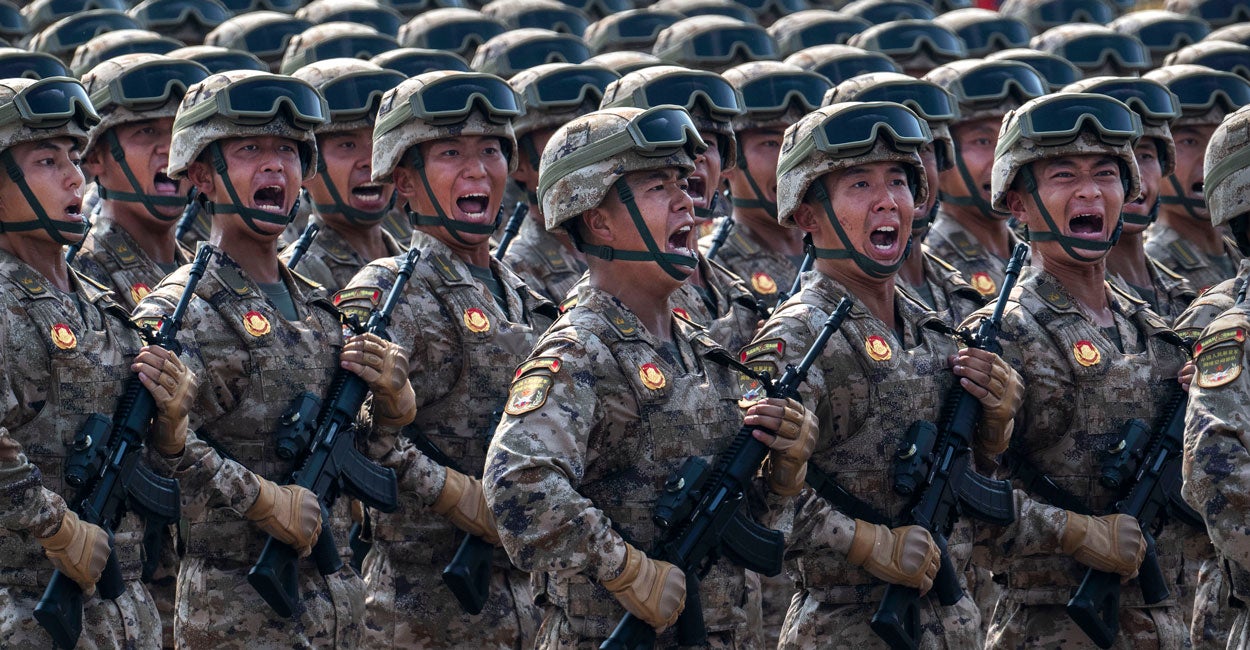
If China were to attack Taiwan, it may well also bring the fight directly to the U.S., with a long roster of potentially catastrophic actions it could inflict against Americans in their homeland.
Live Your Best Retirement
Fun • Funds • Fitness • Freedom
Experts warn of a “menu” of choices for damage and chaos the Chinese Communist Party could sow—including, but not limited to, the release of deadly pathogens, igniting wildfires, taking down power grids, and disrupting or poisoning the food supply.
Japan and the Philippines may also not escape the CCP-inflicted mayhem, as China seeks “to lessen their likelihood to rally around Taiwan,” explained Steve Yates, a senior research fellow covering China and national security policy at The Heritage Foundation.
China, which has rapidly been expanding its military in recent years, might aim to make Taiwan feel “isolated and defeated” in the hope “Taiwan would submit without actually needing to engage in mass casualty activity,” Yates said.
While it is all “hypothetical,” he says events, such as a mass power outage or “dispersion of a chemical agent like fentanyl” in subways, can all “cause mass casualties, mass panic, and distraction.”
Whether it was the COVID-19 pandemic or the fentanyl crisis that has left hundreds of thousands of Americans dead, the Chinese have closely observed U.S. reaction to crisis situations, Yates explained.
“I think that there is a near-certitude that if China were to move in a malicious way against Taiwan, that they would engage in a multitude of activities … that are not immediately traceable and obviously done by them, but would cause confusion, disarray, [and] disinclination to intervene” on behalf of Taiwan, Yates speculates.
China’s Aim
Nearly a year ago, on the eve of Communist China’s 75th birthday, Chinese President Xi Jinping pledged China would, in time, bring about “reunification” with Taiwan. The Chinese Communist Party claims Taiwan is a part of China, but Taiwan views itself as a separate, democratic nation.
In May, Secretary of War Pete Hegseth warned of China “preparing to potentially use military force to alter the balance of power” in Asia.
“Let me be clear,” Hegseth said, “any attempt by Communist China to conquer Taiwan by force would result in devastating consequences for the Indo-Pacific and the world. There’s no reason to sugarcoat it. The threat China poses is real. And it could be imminent.”
Xi has reportedly told President Donald Trump he won’t invade Taiwan while Trump is president, but is also said to have told his military to be ready to seize Taiwan by 2027.
Avenues of Attack
Gordon Chang, author of “Plan Red: China’s Project to Destroy America,” says warnings of China’s forthcoming attack on Taiwan could be seen in America months before China takes direct action against Taiwan.
First, Chang says, Chinese agents are already known to be operating on U.S. soil, which provides China greater avenues of attack.
“There are all sorts of things that could happen. They could poison reservoirs. They could start wildfires. They could bomb shopping centers. They can do anything, and they probably will, in conjunction with disease and with cyberattacks, and with attacks on the infrastructure,” he said.
Michael Cunningham, who until recently served as research fellow in The Heritage Foundation’s Asian Studies Center, disagrees with Chang and Yates that China would be likely to use a virus as a weapon of attack against the U.S. since such a virus could infect the Chinese as well.
But Cunningham says, “once a war has broken out that involves the U.S. and China, all of the worst-case scenarios are on the table.”
“Both countries have the capability to launch missiles into each other’s heartlands,” Cunningham added.
A cyberattack targeting the U.S. energy grid could have devastating effects, not only on Americans’ ability to perform normal tasks, but also to produce arms, says Phillip Smyth, a policy analyst in the Allison Center for National Security at The Heritage Foundation.
Parts of America’s energy system are controlled by states, and while Smyth says he does not argue that the federal government should have super oversight over all U.S. energy, more localized control of energy infrastructure does create “holes” that the “Chinese would be willing to exploit.”
Results of War
In the face of a full-blown war, Chang estimates China would do well the first week, but would likely falter after because “communist militaries are not very good, and one of the reasons is they’ve got two reporting lines, one political and one military, which really clouds things.”
“I think that they are not capable of protecting themselves” from a counterattack, Chang added.
While it is impossible to know what the next 20 years might hold in relation to the threat China poses to the U.S., Cunningham says, “world war scenarios in which the U.S. and China battle it out, or in which China manages to largely stay out of the war and gets to pick up the pieces and establish a new world order, can’t be ruled out.”
But a “Cold War scenario”—a situation where the U.S. and China “learn to live with each other”—is also possible, Cunningham noted.
The post It Wouldn’t Be Just ‘Over There’: How China Could Bring War With Taiwan to US appeared first on The Daily Signal.
Originally Published at Daily Wire, Daily Signal, or The Blaze
What's Your Reaction?
 Like
0
Like
0
 Dislike
0
Dislike
0
 Love
0
Love
0
 Funny
0
Funny
0
 Angry
0
Angry
0
 Sad
0
Sad
0
 Wow
0
Wow
0
